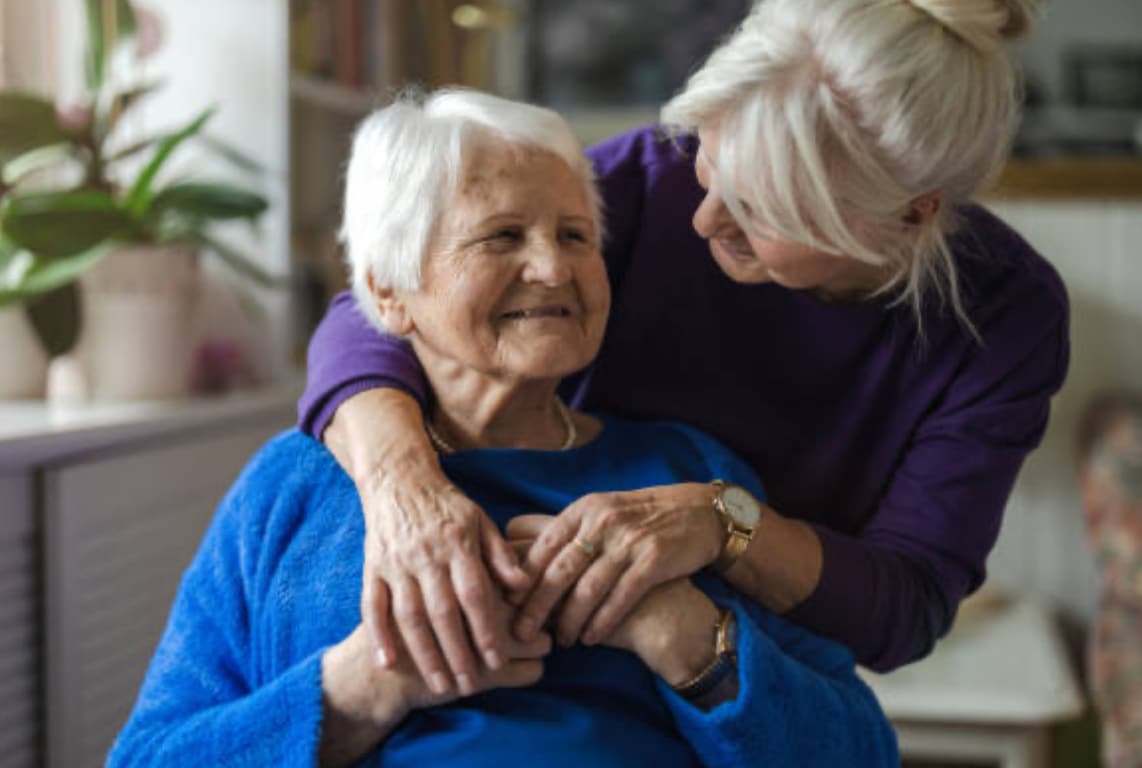Why Companionship Is Important When It Comes To Elderly Care

When most people think of care services in North Herts, live-in carers or palliative nurses typically spring to mind. However, something that is also valuable for the elderly is companionship care, reducing loneliness and cognitive, physical and mental decline.
What is companionship care?
Companionship care is available to people who can still live independently, but could benefit from having someone visit them regularly, have a sit down and a chat, or run some errands for them.
Many families struggle to find enough time in the day to be with their elderly relatives, which means they are often left alone and can become isolated. Companionship care means they have frequent company, ranging from a few hours a week to every day.
Social connection and interaction is important for humans, and being alone for extended periods of time can be detrimental to their physical and mental health, which is why companionship care can really help their wellbeing.
What are the benefits of companionship care?
1. Prevents loneliness
Elderly people are likely to suffer from loneliness, particularly if they live alone. According to the Campaign to End Loneliness, as much as 49.63 per cent of British adults feel lonely at least occasionally.
What’s more, 7.1 per cent of people in the UK experience chronic loneliness, feeling lonely either often or always, which is an increase from six per cent in 2020, during the Covid-19 pandemic when families and friends were isolated from each other.
There are lots of problems associated with loneliness, as it has been shown to increase the risk of early mortality by 26 per cent.
It also affects mental wellbeing, putting people at greater risk of depression. Many also lose self-confidence, experience poorer sleep quality, have higher blood pressure, and feel stressed.
That is why it is important to combat loneliness in any way possible, including using companionship care services.
By providing social interaction, this can help elderly people remain connected to people, less isolated, and part of people’s lives.
It also helps maintain their social skills, enabling them to continue to feel comfortable talking to people and being able to form new friendships.
Without regular interaction, their social skills could decline, making them feel more self-conscious about conversations and exacerbating their isolation.
2. Boosts emotional health
As loneliness has a big impact on mental health, it is easy to see that having companionship will boost seniors’ emotional wellbeing. By being able to talk to someone about how they are feeling, they can reduce their feelings of stress, anxiety and depression.
Having something to look forward to, such as their companion carer popping over, can also boost their day, helping to stave off depressive feelings.
3. Slows down cognitive decline
Elderly people can slow down their cognitive decline with the help of companionship care, as social interaction reduces the risk of dementia and maintains cognitive reserve.
It encourages active listening, working out what people are trying to say, putting words together to express opinion, and remembering things that have happened or been said previously that are relevant to the conversation.
This mental exercise stimulates the brain, improving their memory function, as well as their thinking skills.
4. Improves quality of life
It is easy for elderly people to slip into a simple routine, especially if they find things like going outside or exercising difficult.
However, a companion can help them continue to have a good quality of life and independence by giving some physical assistance, as well as emotional encouragement.
As well as being able to assist with things like cooking so seniors can still enjoy good meals, they can help them take up old hobbies again or even try new ones.
They can take them for walks outside to get fresh air and maintain their mobility, or participate in community groups with them, enabling them to meet other people.
Nobody wants to be stuck at home afraid to go outside, and companionship carers help elderly people continue to live the life they want for as long as they can.